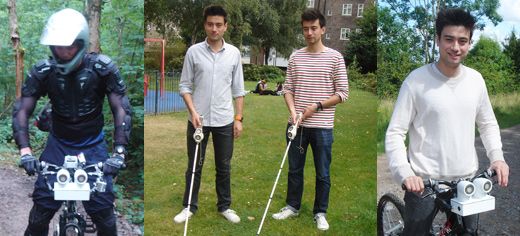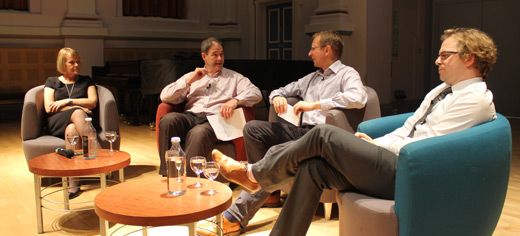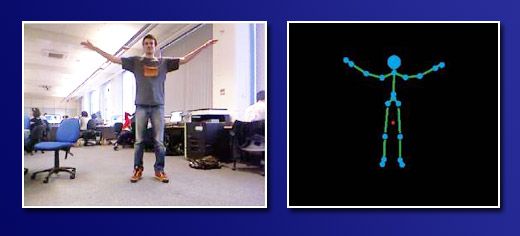
Bat-inspired technology showcased
A novel way to help blind and partially sighted people navigate their way around pavements, buildings and even mountain bike tracks has been showcased in a new BBC television series.

A novel way to help blind and partially sighted people navigate their way around pavements, buildings and even mountain bike tracks has been showcased in a new BBC television series.

Low carbon technologies such as solar power could support almost the entire global economy by 2050, environmentalist Jonathon Porritt told an alumni audience at the University of Leeds last night.
The University of Leeds in collaboration with Agilent Technologies Inc. recently opened a new terahertz measurement research lab in the School of Electronic and Electrical Engineering.

A technique developed at the University of Leeds that makes carbon-negative bricks from waste materials is featured in a new report on the social and economic benefits of academic research.

University of Leeds geophysicists will advise during the final stages of a search for buried Spitfires in Burma.

Research released today shows that within the next 10 years large parts of Asia can expect increased risk of more severe droughts, which will impact regional and possibly even global food security.

World famous Chinese concert pianist, Lang Lang, has been announced as Global Ambassador for the Leeds International Piano Competition and will visit the Competition on Sunday 9 September.

Researchers from the School of Mechanical Engineering have taken a record-breaking number of awards at this year's Graphical System Design Achievement Awards, run by National Instruments in Texas.

The 2012 National Teaching Fellows see Leeds become the most successful institution since the scheme's launch 12 years ago.

The University of Leeds is to benefit from a multi-million pound investment in carbon capture and storage (CCS) technology.